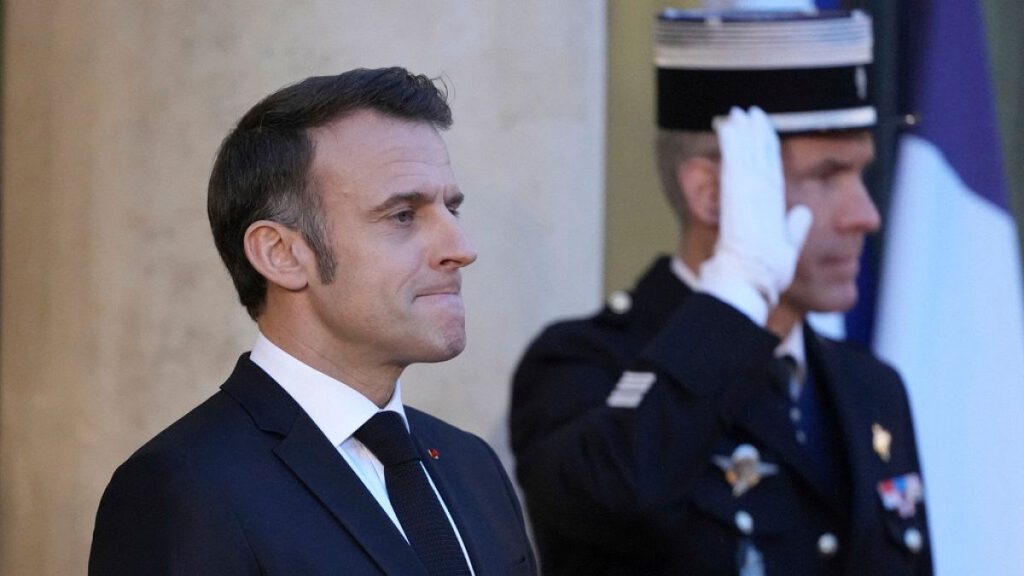The French political landscape is in a state of flux as President Emmanuel Macron grapples with the challenge of appointing a new prime minister following the ousting of Michel Barnier in a no-confidence vote. This unexpected turn of events has plunged the nation into a period of political deadlock, with Macron struggling to find a suitable candidate who can garner sufficient support from a fractured parliament. The president’s search for a successor has been marked by missed deadlines and intense speculation, highlighting the deep divisions within the political sphere and the difficulty of forging consensus in a fragmented legislature.
The quest for a new prime minister has become a delicate balancing act for Macron, who must navigate the competing interests and demands of various political factions. The ideal candidate must possess the ability to bridge the divides between the left and right, appeal to a broad spectrum of voters, and command the respect of lawmakers from across the political spectrum. This task is made all the more challenging by the absence of a clear majority for any single party in parliament, forcing Macron to seek a figure who can transcend traditional party lines and build alliances across the political divide.
Several names have emerged as potential contenders for the premiership, each with their own strengths and weaknesses. François Bayrou, a centrist and loyal ally of Macron, is considered a frontrunner due to his broad popularity and experience in navigating complex political landscapes. However, Bayrou faces resistance from certain quarters, including former President Nicolas Sarkozy, who reportedly harbors grievances against him. This opposition underscores the intricate web of personal and political rivalries that Macron must navigate in his search for a unifying figure.
Another prominent contender is Bertrand Cazeneuve, a former left-wing prime minister who enjoys support from some members of the Socialist Party, including former President François Hollande. However, Cazeneuve’s candidacy faces opposition from environmentalists, who view him as a representative of the past. This illustrates the challenge of finding a candidate who can satisfy all factions within the political spectrum, as even seemingly qualified individuals face resistance from specific groups.
Jean-Yves Le Drian, a former minister of defense and foreign affairs who has served under both Hollande and Macron, presents another potential option. His experience and track record of service under two presidents could be seen as valuable assets in a divided political climate. However, Le Drian also faces skepticism from within the Socialist Party, highlighting the difficulty of finding a candidate who can command universal support.
On the more conservative side, Sébastien Lecornu, the Minister of the Armed Forces and a close ally of Macron, has gained traction as a potential candidate. Lecornu’s long tenure alongside Macron and his experience in various ministerial roles could position him as a steady hand during a period of political uncertainty. Yet, his right-wing background may alienate some on the left, underscoring the ongoing challenge of balancing competing political ideologies.
Catherine Vautrin, a former minister with a right-wing background who joined Macron’s camp, also features in the discussions. Her previous consideration for the prime minister role in 2022 suggests she possesses qualities that resonate with Macron’s vision. However, her political background may present challenges in gaining broader acceptance across the political spectrum.
The prolonged search for a new prime minister reveals the complexities of French politics and the delicate balancing act required to navigate a fractured parliament. Macron’s ultimate choice will not only shape the direction of his government but also send a crucial signal about his ability to forge consensus and lead a nation grappling with deep political divisions. The chosen candidate will immediately face the daunting task of passing a budget agreement through parliament, a crucial test of their ability to bridge divides and navigate the complex political landscape. The outcome of this process will have significant implications for the future of Macron’s presidency and the stability of French politics.














